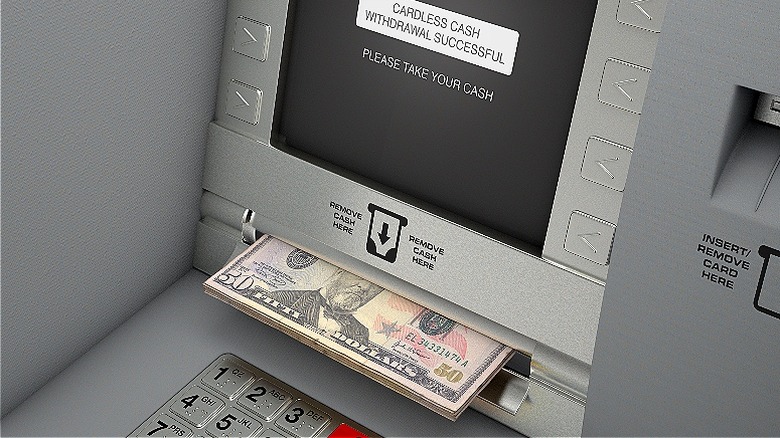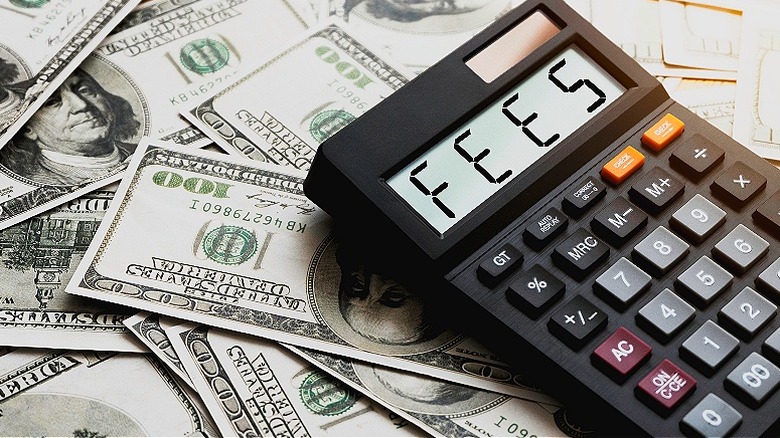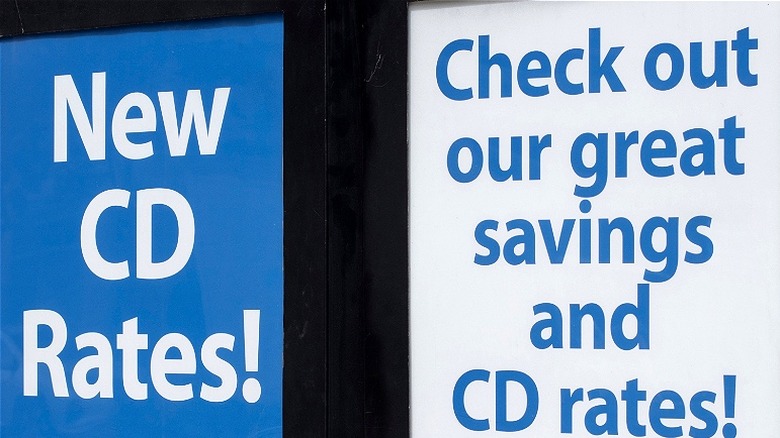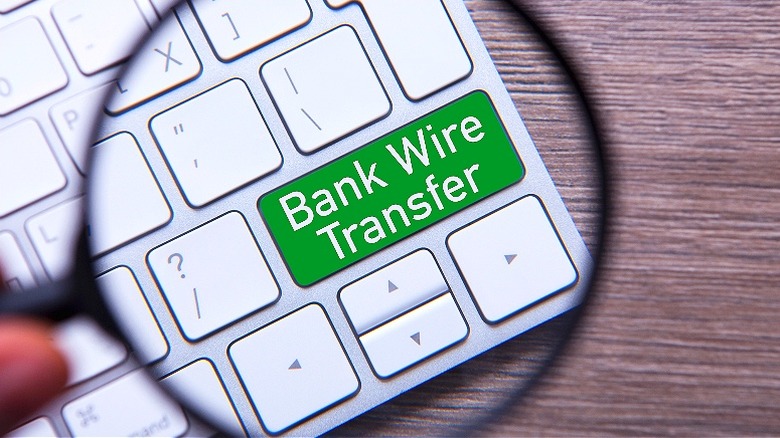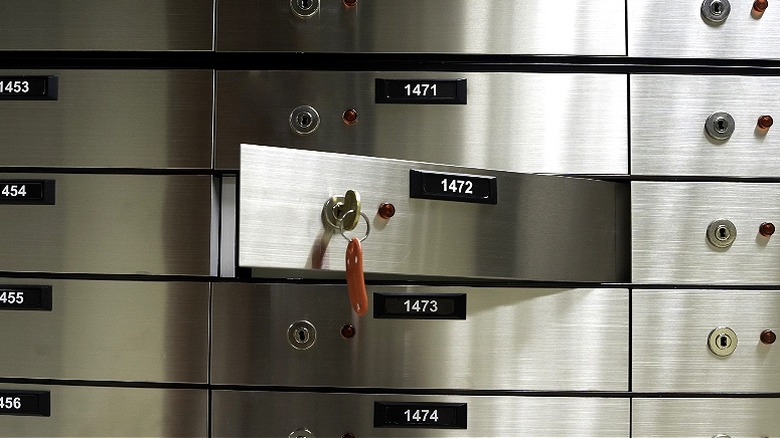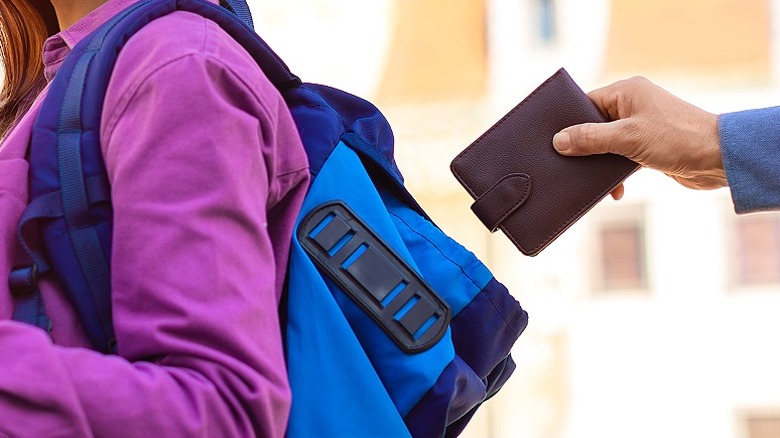10 Ways Banking Fees Are Costing You
Did you know that, according to Bankrate, 27% of Americans with a checking account pay nearly $300 in various fees each year? Paying fees to access your own hard-earned money definitely isn't a group in which you want to find yourself. Those banking fees add up to money that could otherwise be applied to investing or saving. Like building up your emergency fund with three to six months' worth of living expenses, for example.
If there's a bright spot, it's that such bank fees can be avoided while conducting life's necessary financial transactions, such as paying bills. A little time spent shopping around for a bank can save you considerably over the long haul when deciding on where to open a checking account, savings account, or a certificate of deposit. Also, consider joining a credit union instead of a regular bank. Credit unions are not-for-profit and tend to focus more on the well-being of their members.
Although credit unions typically require some sort of affiliation to join, one may exist based on where you live, your employer, military service, or other factors. In any case, when you're browsing for a new financial institution, you'll want to watch for these tricky fees. And if your existing bank levies these types of fees, consider negotiating them away or switching to a different institution.
10. Checking account service fee
A monthly service fee for checking accounts (which range from a few dollars to $25 per month) is one of the most common methods for banks to ding their customers. However, many institutions will waive the fee if you maintain a certain account balance or you have your paychecks or other income directly deposited into the account. Better still, some banks and credit unions don't charge any fees regardless of account balance or your deposit habits. You'll have to do a little research, but the end result is well worth the effort.
9. Out-of-network ATM fee
We've previously discussed how to find an ATM that doesn't charge a withdrawal fee, but avoiding those that do is advice worth repeating. Not only do out-of-network ATMs charge users a service fee, but it's also likely that your own financial institution will levy a fee as well. Between the two, you could easily pay $5 or even $10 total just to withdraw some cash. Check your bank's website or app to find fee-free ATMs and if you must pay a fee, withdraw a large amount of cash to make the fee (sorta) worth it.
8. Overdraft fee
An overdraft occurs when you don't have enough funds in your bank account to cover a transaction, like what happens when you bounce a check. Depending on your bank's policies and the specifics of your account, the payment may be denied for insufficient funds or the bank may try to transfer the necessary funds from your other accounts, if applicable.
In any case, expect to pay a significant fee for this service; up to $35 for each overdraft. Overdraft insurance is available to prevent such a scenario, but that coverage typically has a fee of its own. The best practice is not to overdraw your account to begin with by monitoring the account balance and using direct deposit of paychecks to keep your cash reserves healthy.
7. Penalty for early withdrawal of CD
Certificate-of-deposit (CD) terms can be as short as one month and as long as 10 years; however, choosing the wrong term can cost you in the form of an early withdrawal penalty. For example, you need to access funds that are tied up in a three-year CD after just 18 months have elapsed.
To avoid sacrificing several months (or more) worth of interest, consider building a ladder of CDs with varying terms, such as one year, two years, and three years instead of putting all your cash in a three-year (or longer) term CD. Note, CDs without a penalty for early withdrawal also exist, but expect to earn a lower yield in exchange for the flexibility.
6. Paper statement fee
These days, receiving a paper account statement in the mail every month is not only woefully old- fashioned, but it'll likely affect your wallet, too. Some institutions actually charge an extra monthly fee, like $3 or $5, to mail you paper statements. Others make acceptance of electronic statements a condition for opening the most attractive fee-free or low-fee checking and/or savings accounts. Opting out of paper statements also helps save the environment by using less paper and energy.
5. Wire transfer fee
Wiring someone money costs an average of around $25 for domestic transfer and over $40 for international. As well, your bank will likely charge a fee, albeit somewhat less, for receiving a wire transfer. Although extremely large amounts of money may still require a wire transfer, consider peer-to-peer payment apps like Zelle, Venmo, and CashApp to avoid wire fees for smaller money transfers. Also, better planning on your part might avoid the rush to send money as quickly as possible. ACH transfers are slower, but cheap or even free.
4. Penalty for closing account too soon
Believe it or not, some banks will charge a fee for closing your account before a certain timeline is met; for example, a $25 fee for keeping your account open for less than six months. The purpose of this is to prevent customers from moving their deposits elsewhere, and discouraging consumers from receiving introductory perks, then closing their accounts. It's smart to check your prospective bank's early-closure policy before opening an account and in a worst case, you should be prepared to keep the minimum balance required in the account until the penalty period has expired.
3. Foreign transaction fee
Besides using your debit card for payment while traveling abroad, you can also use it to withdraw money from a foreign ATM. That said, you can expect to pay a banking fee for using your debit card in any international capacity. Instead, consider obtaining a credit card with no foreign-transaction fees before your next big trip.
Still, using foreign ATMs is an easy way to obtain local currency and will likely be cheaper than other currency exchange options, even after taking their fees into account. Try to withdraw larger amounts of money from international ATMs to justify a fixed cost fee and always ask to be charged in the local currency, not your home currency. Doing the latter is a major money mistake while traveling.
2. Fee to replace a lost debit card
If you lose your debit card, your first action should be notifying your bank to prevent unauthorized charges or withdrawals from occurring. Next, you'll probably want a new card posthaste, but know that some institutions will charge you for a replacement. If you're lucky, there may only be a charge if you want to receive the new card quickly with expedited delivery. Definitely try to wait if you can avoid paying a rush fee, even if that means having to physically go inside a bank branch to get cash while you wait for the new card. And needless to say, try not to lose your debit card to begin with.
1. Not negotiating bank fees
If you are content with your bank but nagging banking fees are getting on your nerves, consider calling or setting an appointment at a local branch to discuss waiving fees. That's especially true if your account is in good standing and you're not prone to overdrafts or other faux pas. You can also offer to maintain a certain balance or make direct deposits, like paychecks, in exchange for paying low or no fees. If push comes to shove, make it clear you're ready to take your banking business elsewhere — and be willing to do it.


